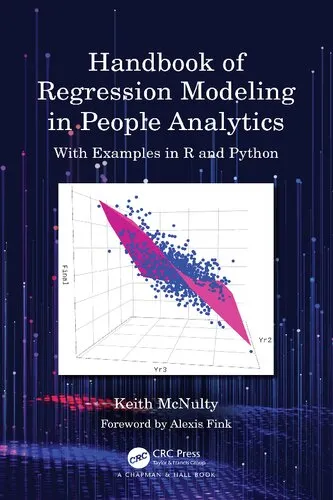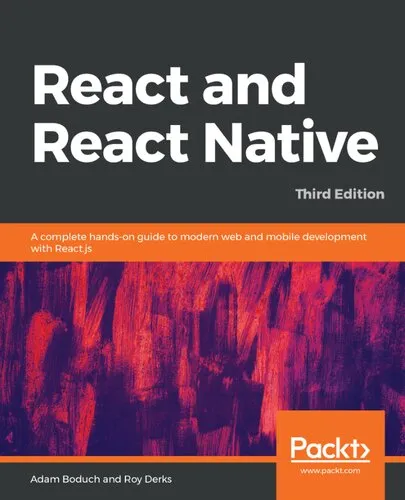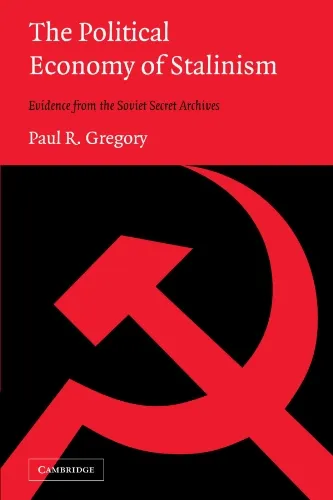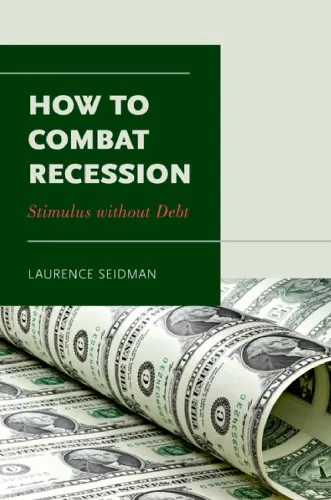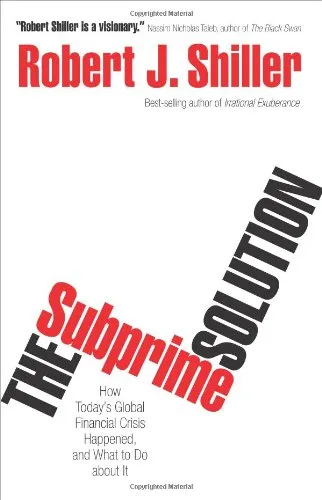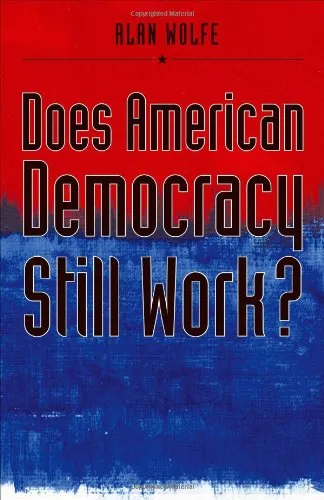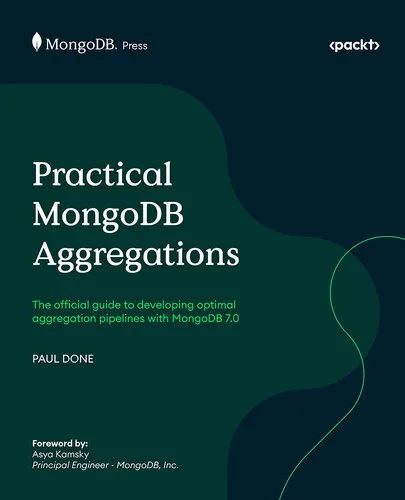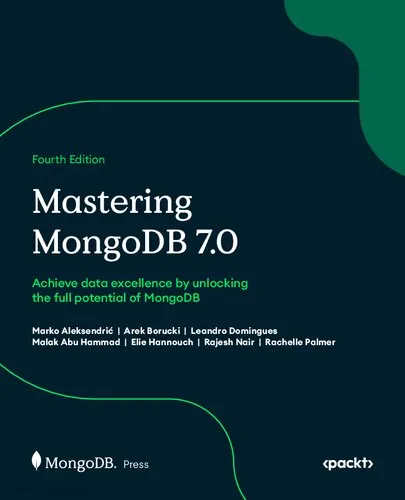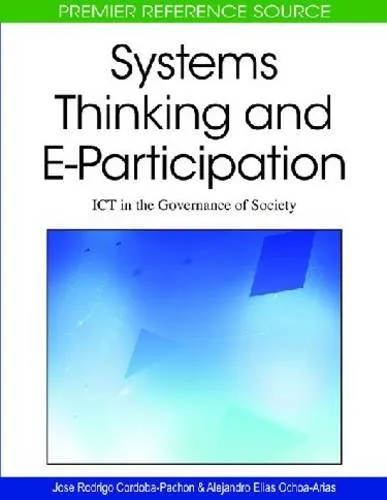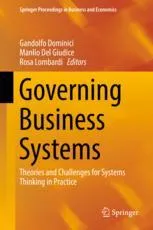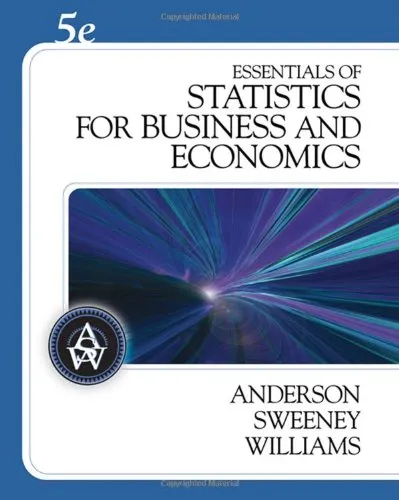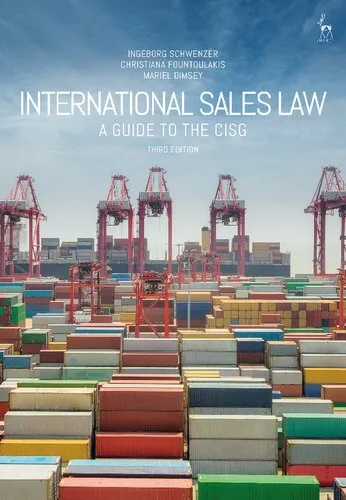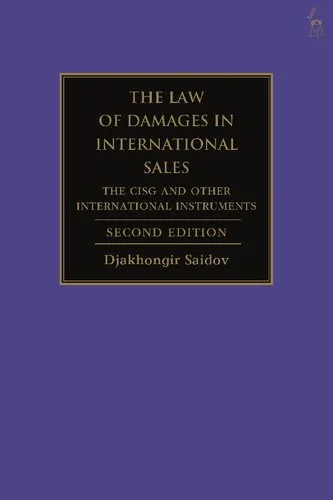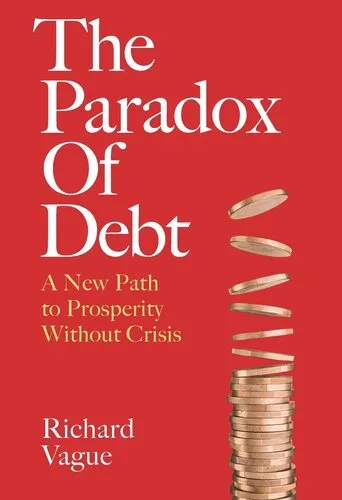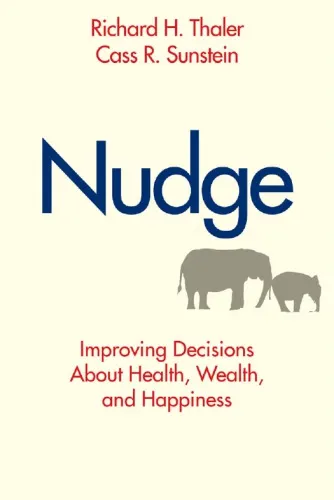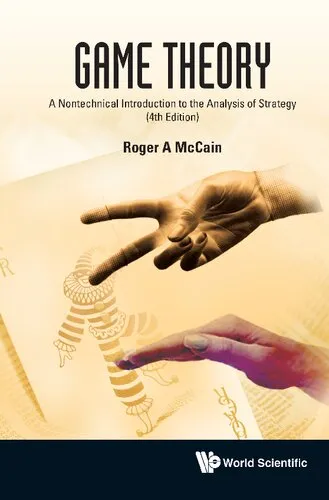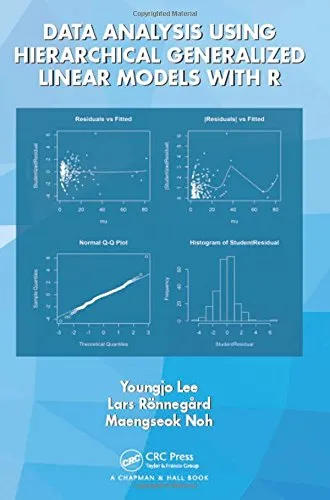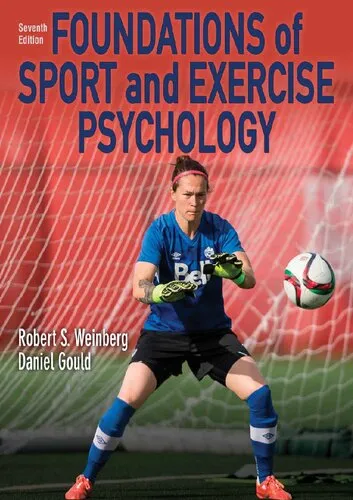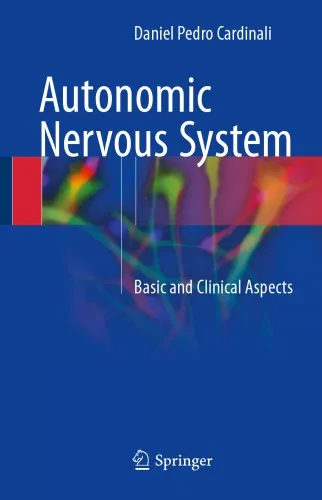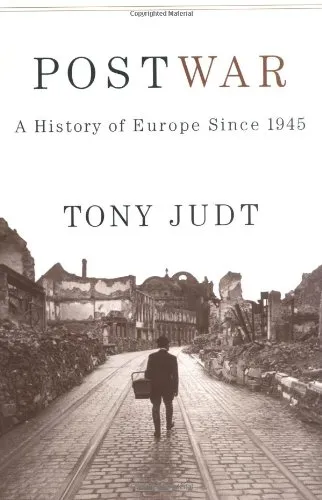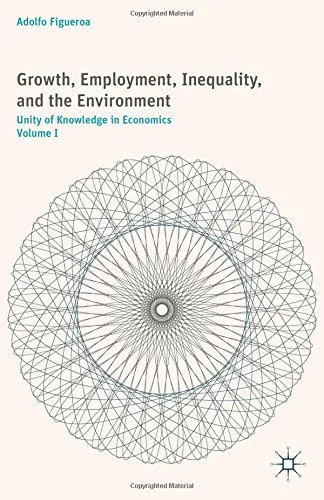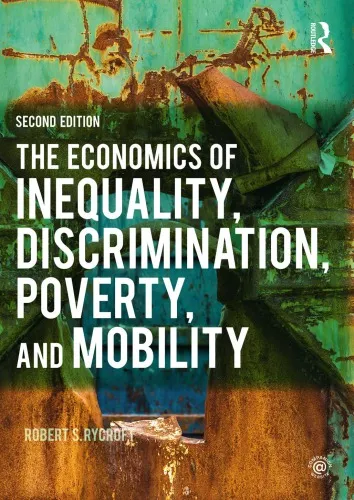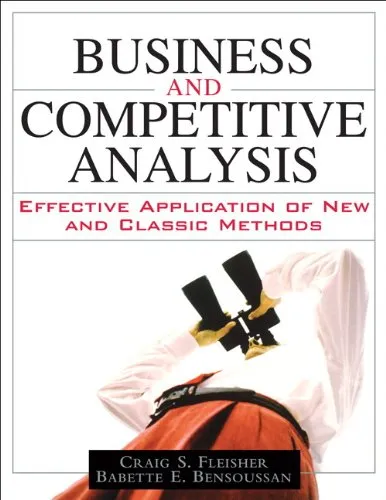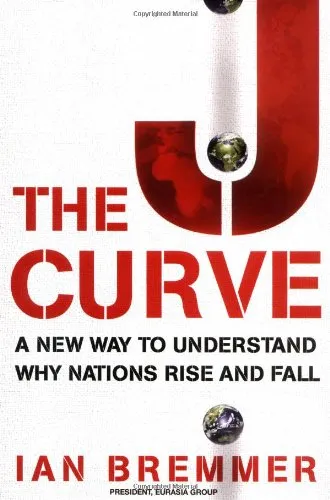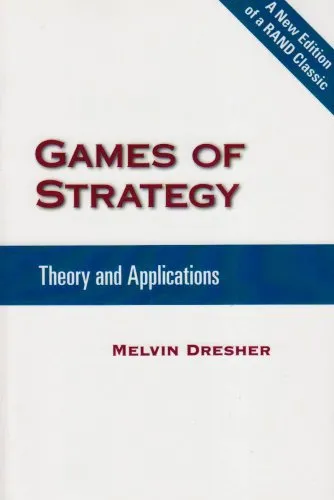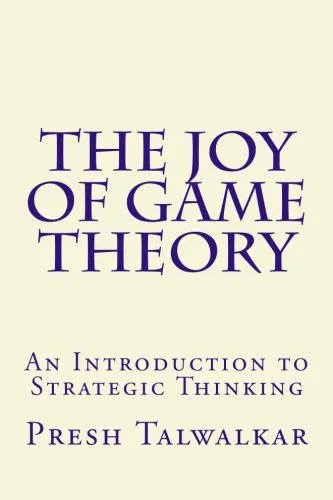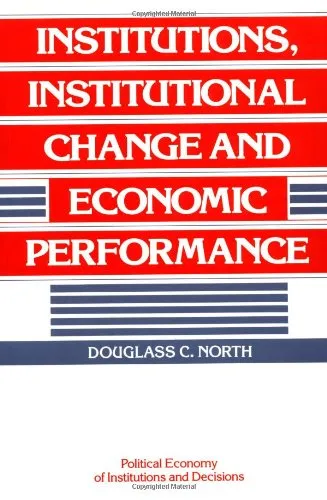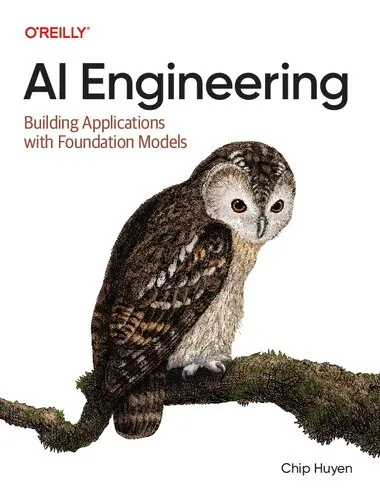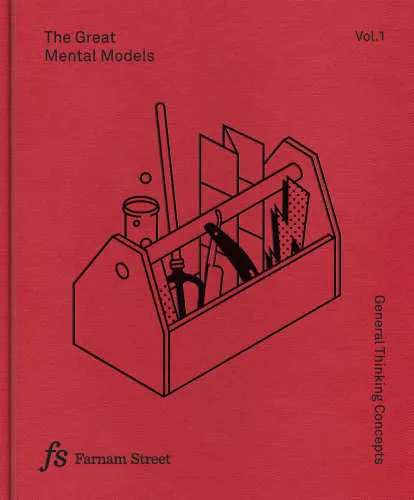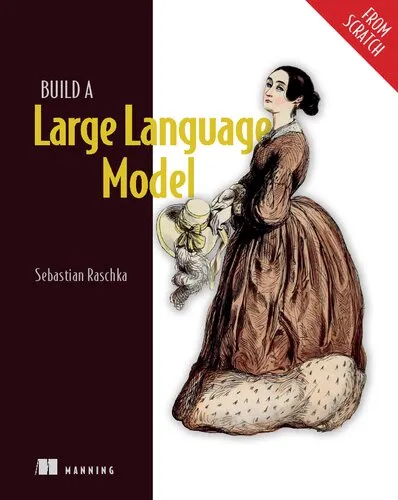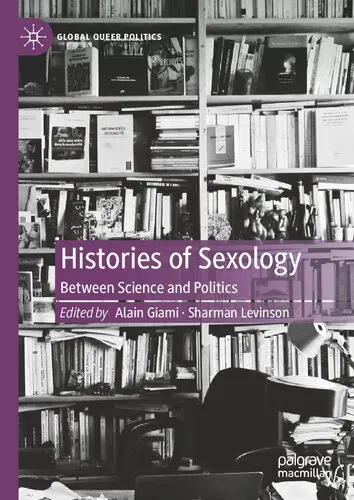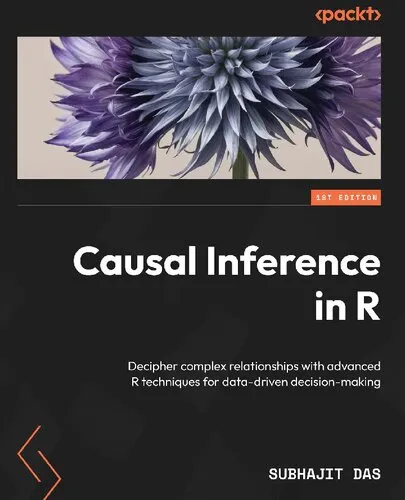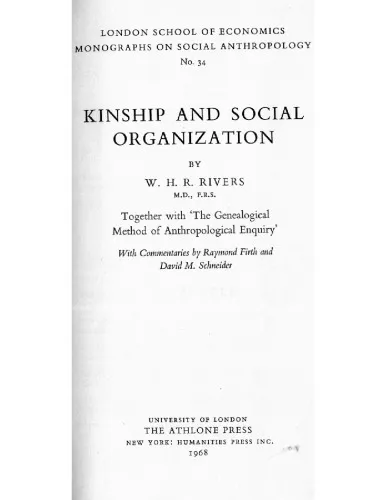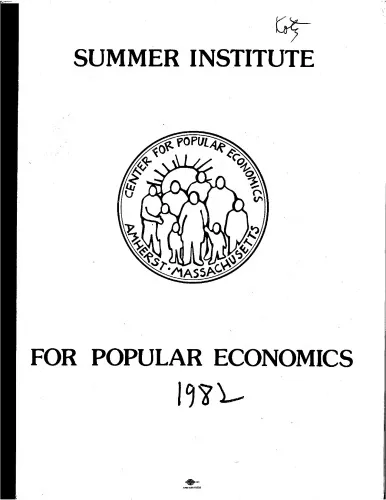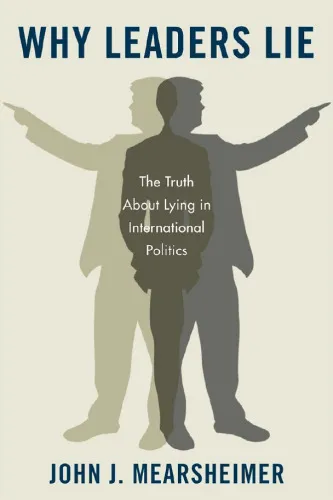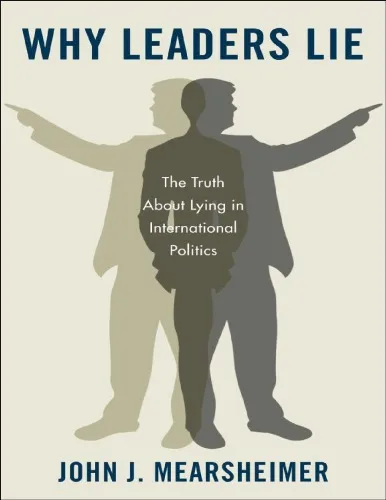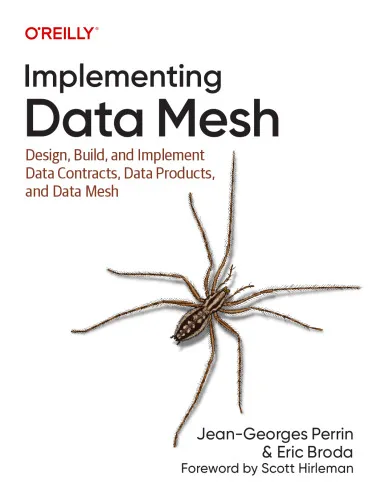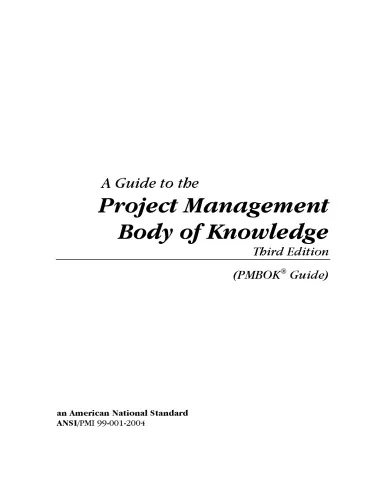Public Choice
4.6
بر اساس نظر کاربران

شما میتونید سوالاتتون در باره کتاب رو از هوش مصنوعیش بعد از ورود بپرسید
هر دانلود یا پرسش از هوش مصنوعی 2 امتیاز لازم دارد، برای بدست آوردن امتیاز رایگان، به صفحه ی راهنمای امتیازات سر بزنید و یک سری کار ارزشمند انجام بدینکتاب های مرتبط:
خلاصه تحلیلی کتاب
کتاب Public Choicepp.239—242 بخشی از یک اثر علمی جامع است که به بررسی دقیق اصول و مبانی نظریه انتخاب عمومی (Public Choice) میپردازد. این بخش خاص، تمرکز خود را بر پیوند میان تصمیمات فردی و نتایج جمعی در ساختارهای حکومتی و نهادی قرار داده و با نگاهی تحلیلی، فرآیندهای تصمیمگیری را در سطوح مختلف قدرت توضیح میدهد.
در این صفحات، نویسنده با بهرهگیری از روششناسی اقتصاد سیاسی و تحلیل نهادی، به واکاوی چگونگی تعامل گروههای مختلف ذینفع، سیاستمداران و شهروندان میپردازد. ترکیب تئوریهای خرد اقتصاد با منطق سیاست، محتوای این فصل را متمایز کرده است. از آنجا که نظریه انتخاب عمومی درک ما از رفتار سیاسی را بر پایه مفروضات منطقی و علایق شخصی بنا میکند، این بخش، یک مرجع مهم برای مطالعه این ارتباطات به شمار میرود.
نکات کلیدی و کاربردی
یکی از نکات برجسته این فصل، بررسی نقش انگیزههای شخصی کارگزاران سیاسی در شکلدهی سیاستهای عمومی است. خواننده درمییابد که چگونه انتخابهای فردی مبتنی بر منافع شخصی، حتی در ساختارهای دموکراتیک، میتوانند منجر به نتایجی شوند که الزاماً به نفع عموم نیستند.
دیگر نکته مهم، تحلیل تعارضات نهادی و تأثیر آنها بر کارایی تصمیمات حکومتی است. نویسنده نشان میدهد که تضاد بین اهداف کوتاهمدت سیاسی و منافع بلندمدت جامعه، یکی از چالشهای همیشگی سیاستگذاری در تمام نظامهاست. این موضوع برای کسانی که در حوزه اقتصاد سیاسی و علوم سیاسی فعالیت میکنند، بسیار کاربردی و قابل بهرهبرداری است.
همچنین، این فصل ارزش زیادی در زمینه آموزش تفکر انتقادی دارد، زیرا خوانندگان را ترغیب میکند که فراتر از ظاهر سیاستها، به انگیزههای پنهان تصمیمگیرندگان بیندیشند. این مهارت، در تحلیل رویدادهای جاری و پیشبینی واکنشها نقش حیاتی ایفا میکند.
نقلقولهای ماندگار
این فصل شامل جملاتی است که نهتنها محتوای علمی، بلکه روح تفکر انتقادی را منتقل میکنند. هر نقلقول، دریچهای تازه به فهم مکانیزمهای انتخاب عمومی باز مینماید و ارزش یادآوری مکرر را دارد.
برخی جملات، به شکلی بیواسطه تصویری شفاف از رابطه میان منافع شخصی و منافع عمومی ارائه میدهند؛ همین شفافیت، آنها را ماندگار میکند.
قدرت در سیاست، همانند بازار، همواره در جستجوی تعادل میان عرضه و تقاضای منافع است. نامشخص
در انتخاب عمومی، انگیزه فردی نه یک نقص، که واقعیتی است که باید آن را شناخت و مدیریت کرد. نامشخص
چرا این کتاب اهمیت دارد
اهمیت این فصل از کتاب در آن است که پلی میان نظریههای اقتصادی و جهان واقعی سیاستها میسازد. در دنیایی که تصمیمات عمومی بر زندگی میلیونها انسان تأثیر میگذارد، فهم نیروهای شکلدهنده این تصمیمات حیاتی است.
برای پژوهشگرانی که بهدنبال روشهای دقیق و علمی در تحلیل سیاستها هستند، Public Choicepp.239—242 یک منبع بیبدیل محسوب میشود. این اثر به آنها یادآوری میکند که هیچ تصمیمی در خلأ گرفته نمیشود و هر رفتار سیاسی، ریشه در شبکهای از روابط اقتصادی، اجتماعی و شخصی دارد.
بیتردید، مطالعه چنین متونی میتواند به ارتقای کیفیت سیاستگذاری عمومی و توسعه دیدگاههای انتقادی کمک شایانی کند.
نتیجهگیری الهامبخش
کتاب Public Choicepp.239—242 فرصتی فراهم میآورد تا خواننده با نگاهی ژرف، پیچیدگیهای تصمیمگیری جمعی و اهمیت
Analytical Summary
Public Choicepp.239—242 represents a focused excerpt from a broader discourse on the intersection between economics and political science, exploring how collective decisions in public policy are shaped by individual incentives, institutional structures, and the dynamics of group choice. This segment distills some of the most nuanced arguments within the public choice framework, providing both theoretical insights and practical implications for governance.
In this section, readers encounter a rigorous exploration of the mechanisms through which political actors — whether elected officials, bureaucrats, or interest groups — pursue objectives often shaped by self-interest and complex interdependencies. The analysis highlights the tension between public welfare and individual rationality, a core theme in political economy studies.
Information about the exact publication year of this book excerpt remains unavailable due to the absence of reliable public sources. Nonetheless, its intellectual contribution is timeless, embedding itself firmly within the canon of public choice scholarship.
By situating the text within debates about collective decision-making, readers will be able to appreciate how theory is bridged with reality, particularly in contexts where policy outcomes can diverge sharply from the ostensible goals of democratic governance.
Key Takeaways
This excerpt delivers several key insights that both seasoned scholars and new readers of public choice theory will find essential.
First, the analysis demonstrates that policy decisions often reflect the aggregated interests and bargaining power of competing stakeholders rather than purely altruistic considerations.
Second, the section underscores the importance of institutional design in mitigating or amplifying inefficiencies in collective action.
Third, Public Choicepp.239—242 reveals the subtle but powerful role of information asymmetry, showing how gaps in data and expertise can tilt outcomes in favor of more organized or strategically positioned actors.
Finally, the text provides concrete examples of how incentive structures shape legislative and administrative behaviors, making this segment valuable for students, academics, and policy practitioners alike.
Memorable Quotes
"Institutions serve not only as arenas for policy formation but as mechanisms that shape the range of possible choices." Unknown
"The collective outcomes we observe often conceal the individual motives that drive them." Unknown
"Public choice analysis is ultimately about understanding the human element within the machinery of governance." Unknown
Why This Book Matters
Public Choicepp.239—242 holds particular importance for those seeking a deep understanding of the structural and behavioral complexities of political economy.
Its ability to connect micro-level decision-making with macro-level institutional outcomes makes it a crucial resource for academics, policy analysts, and business leaders who interact with public institutions.
By engaging with its arguments, readers are better positioned to critically assess current policy debates, recognize patterns of strategic behavior, and design interventions that can lead to more equitable and efficient outcomes.
Inspiring Conclusion
The enduring relevance of Public Choicepp.239—242 lies in its capacity to challenge assumptions, reveal underlying motivations, and equip readers with an analytical lens that transcends disciplinary boundaries.
Whether you are embarking on scholarly research, engaging in policy advocacy, or simply seeking a richer understanding of how public decisions are made, this work invites thoughtful consideration and dynamic discussion. Sharing its insights, debating its interpretations, and applying its principles are all practical next steps that will enhance both academic and practical engagement with the public choice tradition.
Now is the time to read, reflect, and circulate the lessons contained in Public Choicepp.239—242 — a succinct yet profound contribution to our collective understanding of political economy and governance.
دانلود رایگان مستقیم
شما میتونید سوالاتتون در باره کتاب رو از هوش مصنوعیش بعد از ورود بپرسید
دسترسی به کتابها از طریق پلتفرمهای قانونی و کتابخانههای عمومی نه تنها از حقوق نویسندگان و ناشران حمایت میکند، بلکه به پایداری فرهنگ کتابخوانی نیز کمک میرساند. پیش از دانلود، لحظهای به بررسی این گزینهها فکر کنید.
این کتاب رو در پلتفرم های دیگه ببینید
WorldCat به شما کمک میکنه تا کتاب ها رو در کتابخانه های سراسر دنیا پیدا کنید
امتیازها، نظرات تخصصی و صحبت ها درباره کتاب را در Goodreads ببینید
کتابهای کمیاب یا دست دوم را در AbeBooks پیدا کنید و بخرید
1255
بازدید4.6
امتیاز0
نظر98%
رضایتنظرات:
4.6
بر اساس 0 نظر کاربران
Questions & Answers
Ask questions about this book or help others by answering
No questions yet. Be the first to ask!

